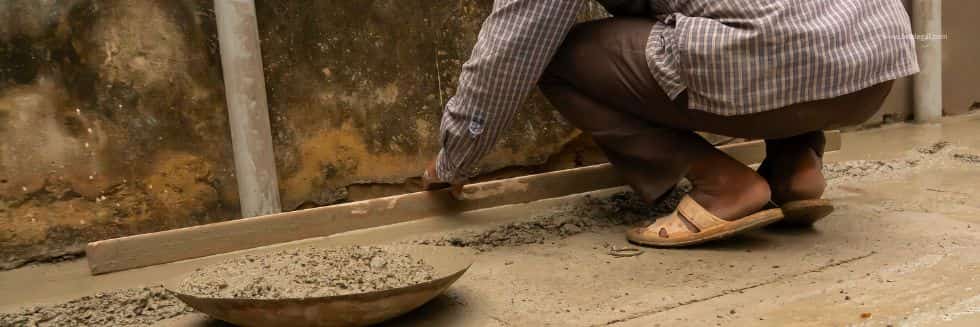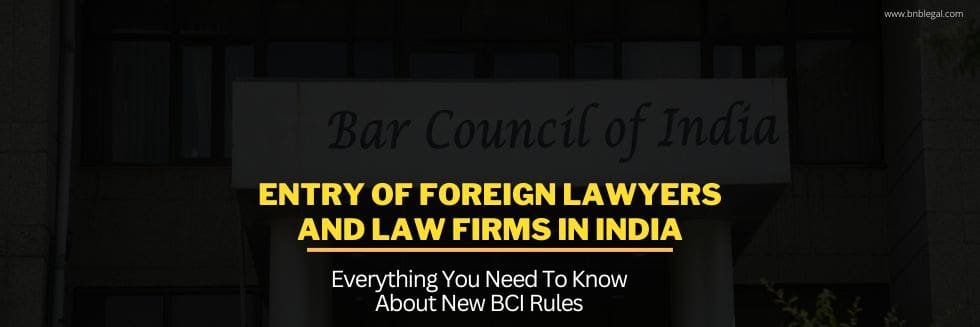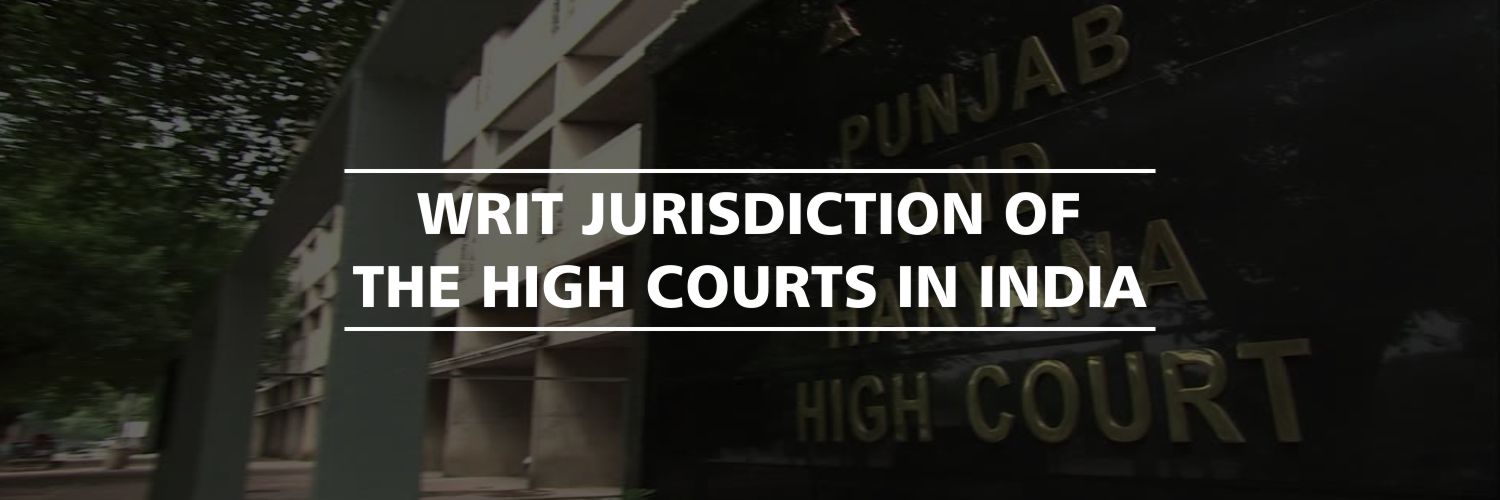Introduction
The term “unorganized worker” shall henceforth be construed by the provisions outlined in the Social Security Act of 2008. The term “unorganized worker” refers to an individual engaged in various forms of employment, including but not limited to home-based work, self-employment, or wage-based work within the unorganized sector. The term “worker” as used herein encompasses an individual employed in the organized sector who does not fall within the purview of any of the Acts enumerated in Schedule-II of the Act, namely the Employee’s Compensation Act, 1923, the Industrial Disputes Act, 1947, the Employees’ State Insurance Act, 1948, the Employees Provident Funds and Miscellaneous Provision Act, 1952, the Maternity Benefit Act, 1961,, and the Payment of Gratuity Act, 1972[1].
Moreover, it is essential to differentiate between the unorganized sector, which shall be interpreted as an establishment possessed by individuals or self-employed labourers involved in the manufacturing or vending of commodities, or rendering services of any nature whatsoever. In instances where the aforementioned establishment engages workers, the aggregate count of said workers shall not surpass ten[2].
Rights of Unorganized Workers in India Such as Sewage Workers
Sewage workers in India are protected by an array of Labour Laws and the Indian Constitution. These are some of the primary entitlements:
- The legal structure in India emphasizes the entitlement to cleanliness and the privileges of workers engaged in hazardous occupations.
- The state and municipal entities employing sanitation workers are obligated to oversee and enforce safety regulations for these personnel.
- Sewage workers are eligible for compensation in the event of occupational illnesses.
- Sewage workers have the right to receive statutory dues, such as provident funds and gratuity.
- Personal protective equipment (PPE) should be given to workers descending into the sewer.
- The legislation establishes certain basic rights for workers, including the entitlement to receive a just and equitable remuneration.
- The right to a healthy and safe working environment is a basic entitlement for workers[3].
Constitutional Provisions for Unorganized Workers in India
Article 19 (1) (g) is a crucial provision that upholds the fundamental right of unorganized workers to freely engage in any profession, occupation, trade, or business. This essential right ensures that individuals in the unorganized sector have the autonomy to pursue their chosen livelihoods without unnecessary restrictions or barriers. By recognizing and protecting this right, we empower unorganized workers to exercise their skills, talents, and entrepreneurial spirit, contributing to economic growth and fostering a more inclusive society. It is imperative that we uphold and promote this fundamental right, as it plays a vital role in safeguarding the rights and dignity of unorganized workers, ultimately leading to their overall well-being and socio-economic empowerment[4].
Article 19 (1) is an essential section that grants unorganized workers the fundamental right to freely form associations or unions. This empowering article recognizes the importance of collective action and solidarity among unorganized workers, allowing them to come together and advocate for their rights and interests. By enabling the formation of associations or unions, this provision ensures that unorganized workers have a platform to voice their concerns, negotiate better working conditions, and collectively address any grievances they may have. It is a vital safeguard that promotes inclusivity, empowerment, and the protection of unorganized workers’ rights in our society[5].
Article 23 is an essential provision that unequivocally prohibits the abhorrent practice of forced labour. It stands as a beacon of hope, championing the fundamental rights and dignity of every individual. By explicitly condemning this heinous act, Article 23 serves as a powerful tool in the fight against modern-day slavery and exploitation. It is a testament to the unwavering commitment[6].
Article 21: It is imperative to recognize that every hardworking individual deserves to be duly compensated with a fair and just minimum wage for their valuable labour. Therefore, any failure to provide workers with the minimum wage they rightfully deserve is a clear violation of this crucial article[7].
Problems Faced by Unorganized Sewage Workers in India
There are several problems which an unorganized sewage worker faces in India that are:
- Family Background is not uncommon for individuals to pursue a career in this profession due to the influence and inspiration of their parents, who have also worked as sanitation workers. As a result, there is a certain level of continuity within the profession as individuals follow in their parent’s footsteps.
- Limited Availability of Formal Contracts: In many instances, sanitation workers may not have access to formal documentation verifying their employment, despite their significant tenure in this field.
- The absence of a unified voice for collective bargaining is a challenge in professions like drain cleaning and sewer cleaning, where multiple workers from the local community are involved. However, there are significant obstacles and risks associated with pursuing unionization in these fields.
- Challenging Relationship with Gear and Machinery: Workers may sometimes face challenges in developing a positive rapport with the gear and machinery they are expected to utilize.
- The workers often bear the cost of injuries and illnesses.
- Stigma and Discrimination: Sanitation workers unfortunately encounter challenges related to societal perceptions and caste-based discrimination, which can impact their well-being.
- Sanitation workers may encounter various health and safety considerations.
- Financial Challenges: Similar to many other professions, sanitation workers may encounter certain financial challenges[8].
Latest Developments by Government for Unorganized Workers in India
- The national registration gateway for Unorganized Workers was inaugurated on August 26, 2021. This portal aims to establish a comprehensive National Database of Unorganized Workers (NDUW) in the country.
- The Pradhan Mantri Shram Yogi Maan Dhan Yojana is a government initiative designed to provide old age protection and social security for Unorganized workers.
- The Aam Admi Beema Yojana is another program intended for workers in the unorganized sector.
- The introduction of the new Labour Code for New India encompasses the Wage Code, Social Security Code, Occupational Safety, Health and Working Conditions Code, and Industrial Relations Code.
- In Karnataka, Chief Minister Siddaramaiah has announced the implementation of insurance coverage worth Rs 4 lakh for each gig worker in the state. The program will include some 2,30,000 gig workers and seek to provide social protection to those in the informal sector.
- The COVID-19 outbreak has had a detrimental impact on workers in the informal sectors, rendering them unemployed and significantly raising the national unemployment rate[9].
Cases Where Sewage Worker Lives Were At Stake
I. In October, five individuals died as a result of breathing noxious fumes from a well that had been polluted with industrial and household wastewater in Kalyan, an adjacent residential area. Three workmen perished in Dombivli, Thane within the same month. Four individuals perished in January 2018 as a result of asphyxiation after venturing inside an unsecured sewage conduit in Powai, Mumbai[10].
II. Up to this point in the month, eleven individuals from India have lost their lives while doing the task of cleaning sewers or septic tanks without sufficient protective equipment. Last week, in the western part of Delhi, five individuals lost their lives in a single event. It is said that they were coerced into cleaning a sewage treatment tank[11].
III. According to official statistics, a total of 347 individuals have lost their lives in the last five years while engaged in the task of cleaning sewers and septic tanks in India. The states of Uttar Pradesh, Tamil Nadu, and Delhi are responsible for 40% of these tragic incidents[12].
IV. According to Ramdas Athawale, the Minister of State for Social Justice and Empowerment, a total of 308 individuals lost their lives while doing the task of cleaning dangerous sewers and septic tanks across India in the last five years (2018 to 2022), as reported by the Times of India. Tamil Nadu had the largest number of fatalities, with a total of 52. This was followed by Uttar Pradesh with 46 deaths, Haryana with 40 deaths, Maharashtra with 38 deaths, Delhi with 33 deaths, and both Karnataka and Gujarat with 23 deaths apiece. Over the last five years, the government has fully compensated the relatives of 240 victims. A minimum of 225 First Information Reports (FIRs) were also filed under the Manual Scavenging Act or SC/ST (Prevention of Atrocities) Act. The minister also affirmed that there are no existing reports of anybody now involved in manual scavenging inside the nation[13].
Conclusion:
While there have been positive developments and government interventions, the state of unorganized sewage workers in India remains a critical issue. The high number of casualties needs immediate, comprehensive and effective measures to ensure the safety, dignity, and well-being of these unorganized workers. The article serves as a call to action, urging continued efforts to address the systemic challenges faced by unorganized sewage workers and to create a safer and more equitable working environment for them.
- [1] https://labour.gov.in/unorganized-workers (Last visited on 07/12/2023 at 9:30 Am).
- [2] https://www.lawcolumn.in/analysis-of-laws-relating-to-unorganised-sector-in-india/ (Last visited on 07/12/2023 at 9:40 Am).
- [3] https://www.slic.org.in/uploads/2017/09/dignity-and-rights-of-the-sewerage.pdf (Last visited on 07/12/2023 at 9:45 Am).
- [4] https://ijcrt.org/papers/IJCRT2209499.pdf (Last visited on 07/12/2023 at 10:00 Am).
- [5] Ibid.
- [6] https://legalbots.in/blog/labour-laws-in-indiachild-labour-and-unorganised-workers (Last visited on 07/12/2023 at 10:10 Am).
- [7] Ibid.
- [8] https://thewire.in/labour/understanding-the-problems-of-indias-sanitation-workers (Last visited on 07/12/2023 at 10:25 Am).
- [9] Supra Note 1.
- [10] https://www.hindustantimes.com/mumbai-news/deaths-of-sewage-workers-accused-not-prosecuted/story-ZYci6f5YHxZ4lZ53ztT34O.html (Last visited on 07/12/2023 at 10:35 Am).
- [11] Supra Note 10.
- [12] https://www.thehindu.com/news/national/347-people-died-while-cleaning-sewers-septic-tanks-in-last-5-years-centre/article65659688.ece (Last visited on 07/12/2023 at 10:45 Am).
- [13] https://timesofindia.indiatimes.com/city/agra/308-died-while-cleaning-sewers-septic-tanks-in-last-five-years-across-india/articleshow/99311801.cms (Last visited on 07/12/2023 at 11:00 Am).
This article is written and submitted by Diwakar Prakash Garg during his course of internship at B&B Associates LLP. Diwakar is a 4th year BBA LLB student at UPES, School of Law, Dehradun.







